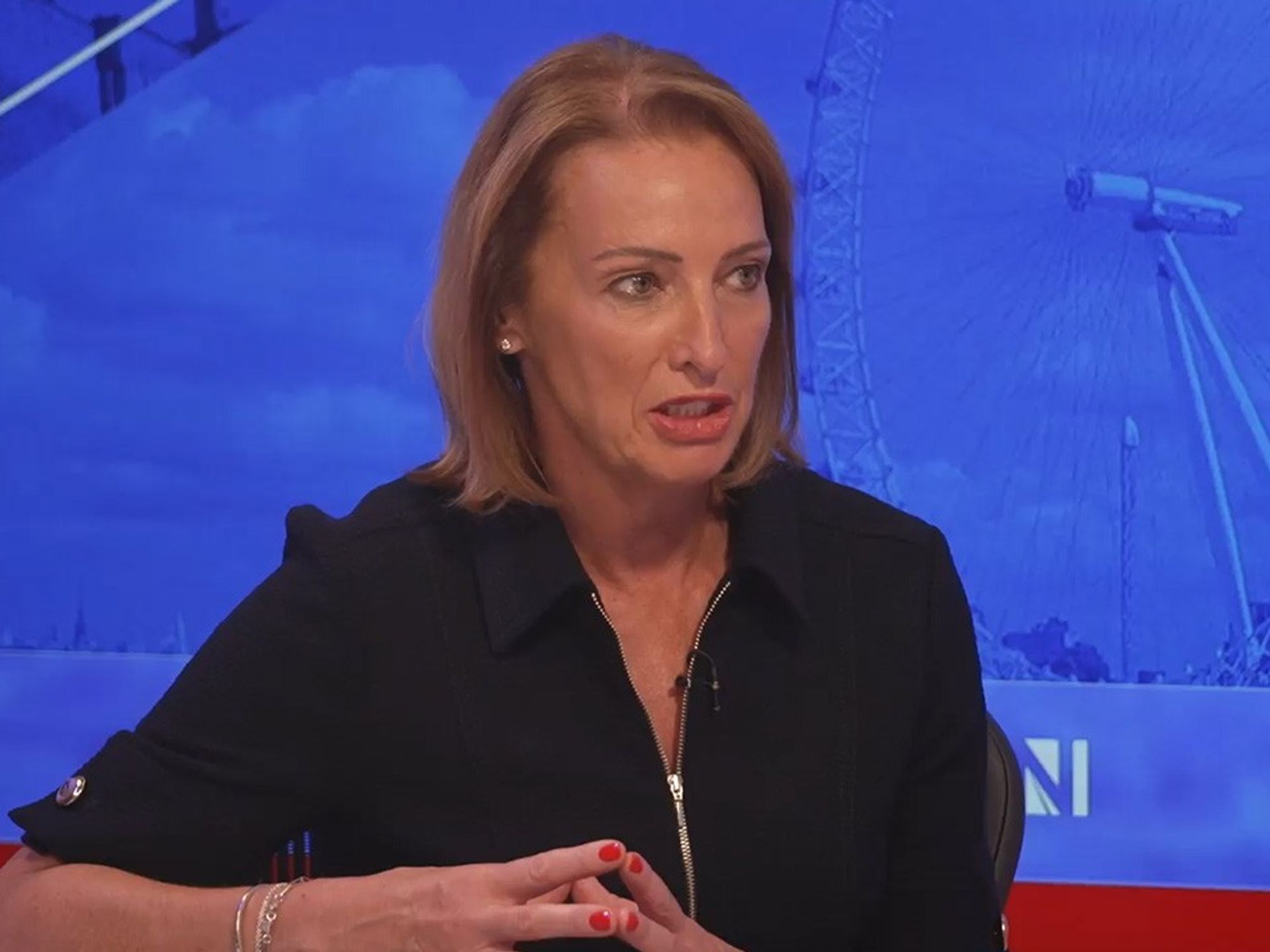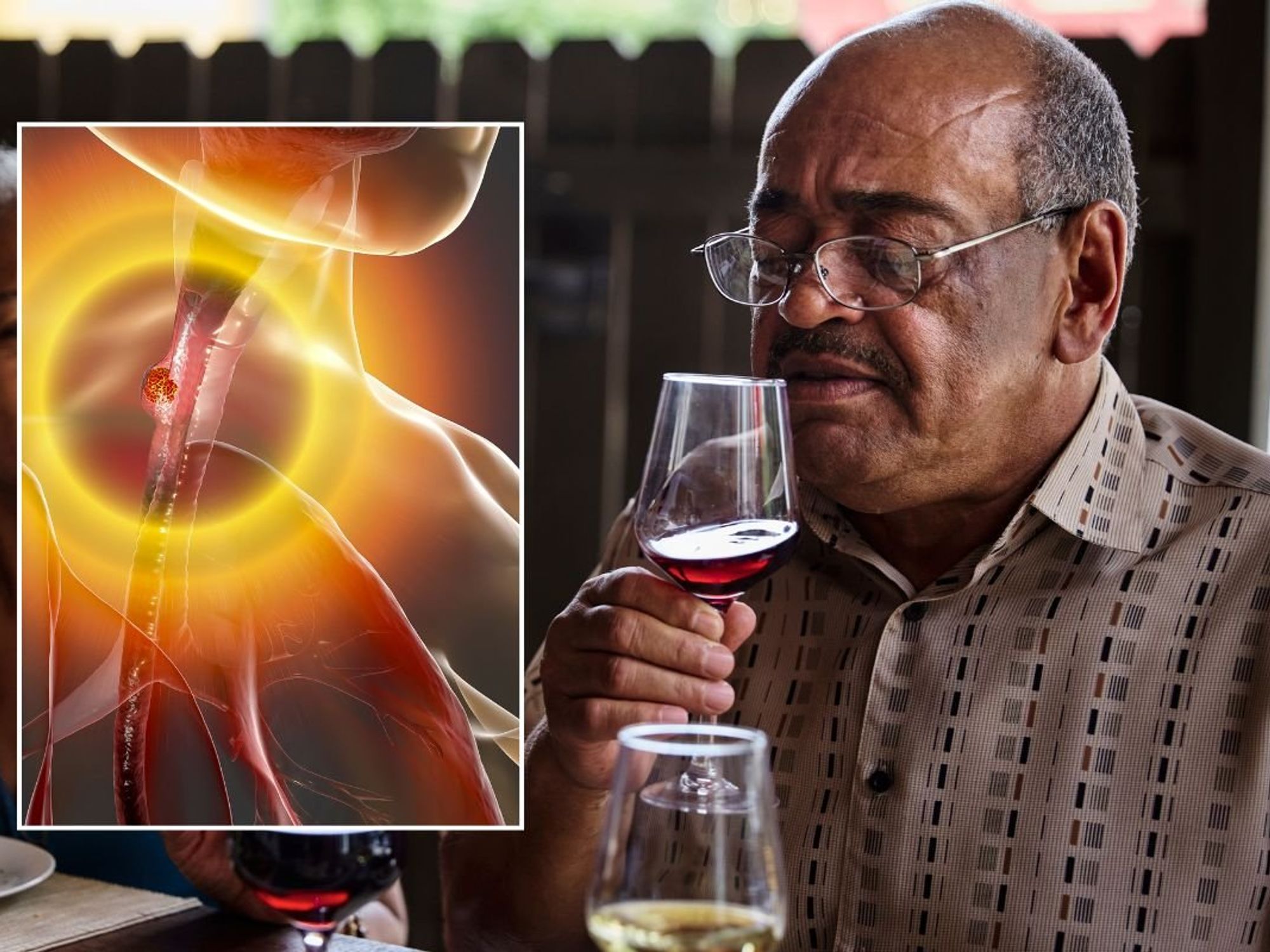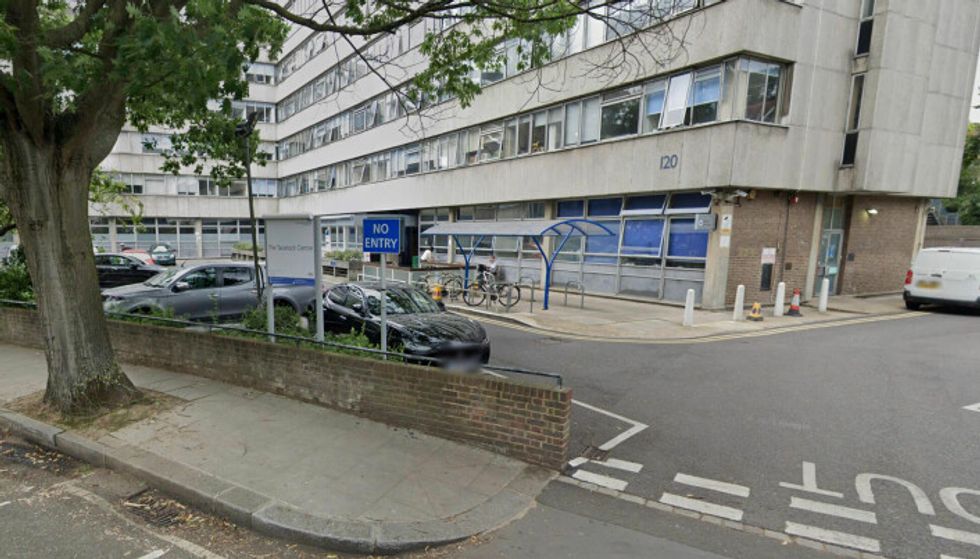Most trans children are going through a 'phase,' NHS advises

Helping youngsters transition by using their preferred name or pronouns is not a 'neutral act,' doctors have been told
Don't Miss
Most Read
Most children identifying as a trans person are going through a "transient phase," new NHS guidance advises.
Helping youngsters transition by using their preferred name or pronouns is not a "neutral act," doctors have been told.
Doctors have been urged to consider underlying health problems, such as potential mental ill health.
Concerns have mounted over the NHS' treatment of trans people, with some suggesting that the institution is quick to suggest irreversible puberty-blocker medication for youngsters.
The NHS' being urged to adopt a "watchful approach" represents a differing view to the "affirmative" action advocated for by campaign groups such as Mermaids.
The Tavistock centre is due to close in spring.
Image: Google Maps
The NHS England document states: “The clinical management approach should be open to exploring all developmentally appropriate options for children and young people who are experiencing gender incongruence, being mindful that this may be a transient phase, particularly for prepubertal children, and that there will be a range of pathways to support these children and young people and a range of outcomes.
“A significant proportion of children and young people who are concerned about or distressed by issues of gender incongruence, experience co-existing mental health, neurodevelopmental and/or family or social complexities in their lives.”
Following an interim report by Dr Hilary Cass, the NHS is reviewing its treatment of trans children.
Actions have included the shutting of the gender development service at the Tavistock and Portman NHS Trust in north London after Dr Cass issued warnings over its safety.
Draft guidelines from NHS England warn there is "scarce and inconclusive evidence to support clinical decision-making" for children with gender dysphoria.
Social transitioning should only be considered a last resort for older teenagers according to the guidance.
It says: “Social transition should only be considered where the approach is necessary for the alleviation of, or prevention of, clinically significant distress or significant impairment in social functioning and the young person is able to fully comprehend the implications of affirming a social transition.”
In spring, the Tavistock centre will close and care will be handed to regional children's hospitals that will look to adopt a more evidence-based approach to the matters at hand.












